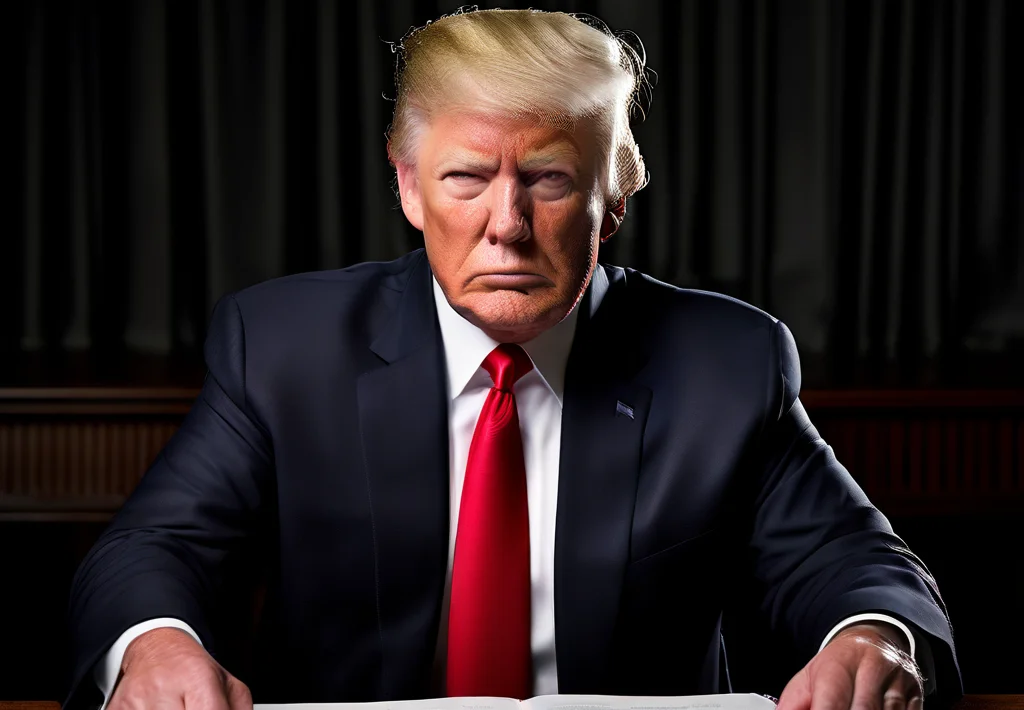In a stunning development on July 15, 2024, U.S. District Judge Aileen Cannon dismissed the criminal case against former President Donald Trump regarding his alleged mishandling of classified documents. This decision marks a significant turning point in one of the most high-profile legal battles involving a former U.S. president.
Reasons for Dismissal
Judge Cannon’s decision to dismiss the case stemmed from several key factors:
- Concerns about Special Prosecutor Appointment: The legitimacy of special counsel Jack Smith’s appointment was called into question by Trump’s defense team.
- Funding Issues: Allegations were raised regarding improper funding of the special counsel’s office by the Department of Justice.
- Constitutional Challenges: Trump’s lawyers argued that the case violated constitutional principles, including presidential immunity and executive privilege.
Background of the Case
The dismissed case against Trump involved 40 counts related to his handling of classified documents after leaving the White House in January 2021. Prosecutors alleged that:
- Trump retained numerous classified documents containing sensitive national security information.
- These documents included details on nuclear armament capabilities and the nation’s vulnerability to military attacks.
- Trump allegedly discussed deceptive tactics to obstruct the retrieval of documents and moved them within his Mar-a-Lago estate to avoid detection.
Contrasting Cases and Selective Prosecution Claims
Trump’s defense team argued that he was a victim of selective prosecution, pointing to similar situations involving other high-ranking officials:
- Joe Biden was not prosecuted for retaining classified documents after his vice presidency in 2017.
- Mike Pence, Trump’s former vice president, also avoided charges for possessing classified materials at his Indiana home.
However, prosecutors maintained that Trump’s case was distinct due to his alleged lack of cooperation and attempts to obstruct the investigation.
Legal Arguments and Proceedings
Throughout the case, Trump’s legal team presented several arguments:
- Presidential Immunity: They claimed that Trump’s actions were protected by presidential immunity.
- Executive Privilege: The defense argued that some documents were covered by executive privilege.
- Declassification Claims: Trump asserted that he had declassified the documents before leaving office, though the indictment disputed this claim.
The case saw numerous pre-trial motions and hearings, including debates over the admissibility of evidence and the scope of charges.
Implications of the Dismissal
The dismissal of this case has far-reaching implications:
- Legal Precedent: It may influence how future cases involving former government officials and classified information are handled.
- Political Ramifications: As Trump continues his bid for the presidency, this legal victory could bolster his campaign.
- Debate on Presidential Powers: The case has reignited discussions about the extent of presidential immunity and the handling of classified information post-presidency.
- Scrutiny of Special Counsel Appointments: The decision may lead to increased scrutiny of the process for appointing and funding special counsels in high-profile political cases.
Reactions and Next Steps
The dismissal has elicited varied reactions:
- Trump and his supporters have hailed the decision as a vindication of his claims of a politically motivated prosecution.
- Legal experts are divided, with some questioning the basis of the dismissal and others seeing it as a correct application of the law.
- The Department of Justice is expected to review its options, which may include filing an appeal.
Broader Context
This case was one of several legal challenges facing Trump, including:
- Charges in New York related to hush money payments
- A federal case in Washington, D.C., regarding efforts to overturn the 2020 election results
- An investigation in Georgia concerning alleged election interference
The dismissal of the classified documents case may have implications for these other legal proceedings, potentially influencing legal strategies and public perception.
Conclusion
The dismissal of the classified documents case against Donald Trump represents a significant moment in American legal and political history. It underscores the complex interplay between presidential power, national security, and the justice system. As the dust settles, the long-term impacts of this decision on future cases involving high-ranking government officials and classified information remain to be seen. The case has undoubtedly added another layer to the ongoing national debate about accountability, executive power, and the handling of sensitive government information.
